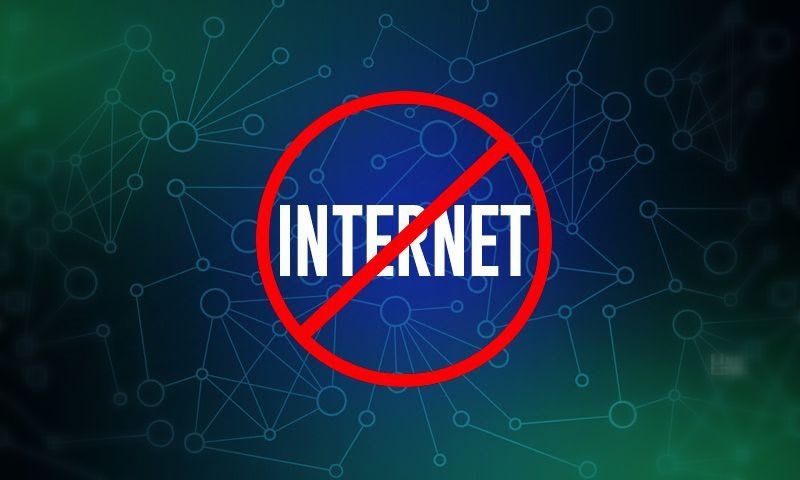Internet shutdowns have become a prevalent issue globally, impacting economies, societies, and human rights. Nigeria, along with several other countries, had experienced significant financial losses due to these shutdowns. A recent report sheds light on the economic toll of such actions, revealing staggering figures.
Internet shutdowns are deliberate disruptions of internet or mobile communication services by government authorities or other entities. These shutdowns often occur during periods of political unrest protests, or to control the flow of information. While they are intended to suppress dissent or maintain order, the collateral damage extends far beyond the intended targets.
Read also: The Impact of Internet Disruption on African economy
The Impact of Internet Shutdowns
According to the report, Nigeria and other countries collectively lost $1.74 billion due to internet shutdowns. This substantial economic impact underscores the far-reaching consequences of such actions. Nigeria, as one of the largest economies in Africa, bears a significant portion of these losses.
Internet shutdowns disrupt business operations, hindering productivity and commerce. Small and medium-sized enterprises (SMEs), which form the backbone of many economies, are particularly vulnerable. These shutdowns impede their ability to conduct online transactions, communicate with customers, and access vital information, leading to financial losses and stifled growth.
Impact on Access to Information:
The internet serves as a vital source of information, education, and communication. Shutdowns deprive citizens of access to crucial resources, including news, educational materials, and healthcare information. This lack of access exacerbates existing inequalities and undermines democratic principles by limiting freedom of expression and the press.
Internet shutdowns infringe upon fundamental human rights, including the right to freedom of expression and access to information. Citizens are unable to exercise their democratic rights, express dissent, or organise peacefully. Furthermore, these shutdowns often occur alongside other forms of repression, such as censorship and surveillance, creating a chilling effect on civil liberties.
Haryana extends suspension of Internet services in 7 Districts
International Response and Advocacy
The international community has increasingly recognised the detrimental impact of internet shutdowns and condemned their use as a tool of repression. Organisations and advocacy groups are working to raise awareness, document cases of shutdowns, and hold governments accountable for their actions. Efforts are underway to develop legal frameworks and mechanisms to prevent and address internet shutdowns.
Addressing the economic impact of internet shutdowns requires a multifaceted approach. Governments must prioritise the protection of digital rights and freedoms while promoting economic resilience and diversification. Investing in robust infrastructure, digital literacy programs, and alternative communication channels can help mitigate the impact of shutdowns and build more resilient economies.
The $1.74 billion lost to internet shutdowns in Nigeria and other countries underscores the urgent need to address this issue. Beyond the financial toll, these shutdowns undermine human rights, hinder economic development, and impede democratic processes. It is imperative for governments, businesses, and civil society to work together to prevent and mitigate the impact of internet shutdowns, ensuring a free, open, and inclusive digital space for all.




